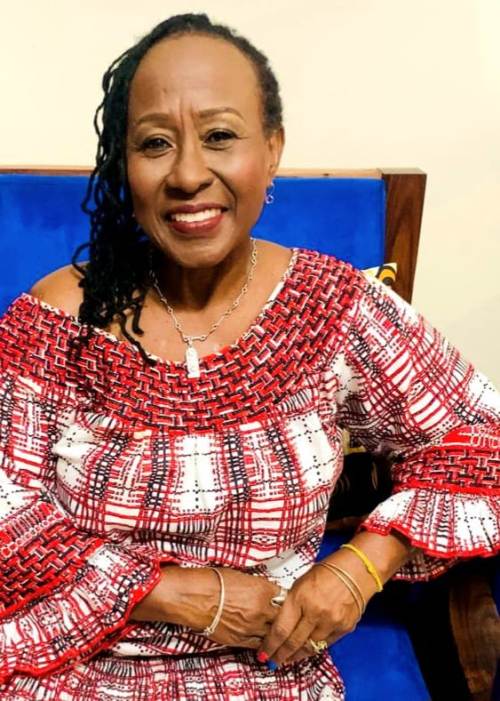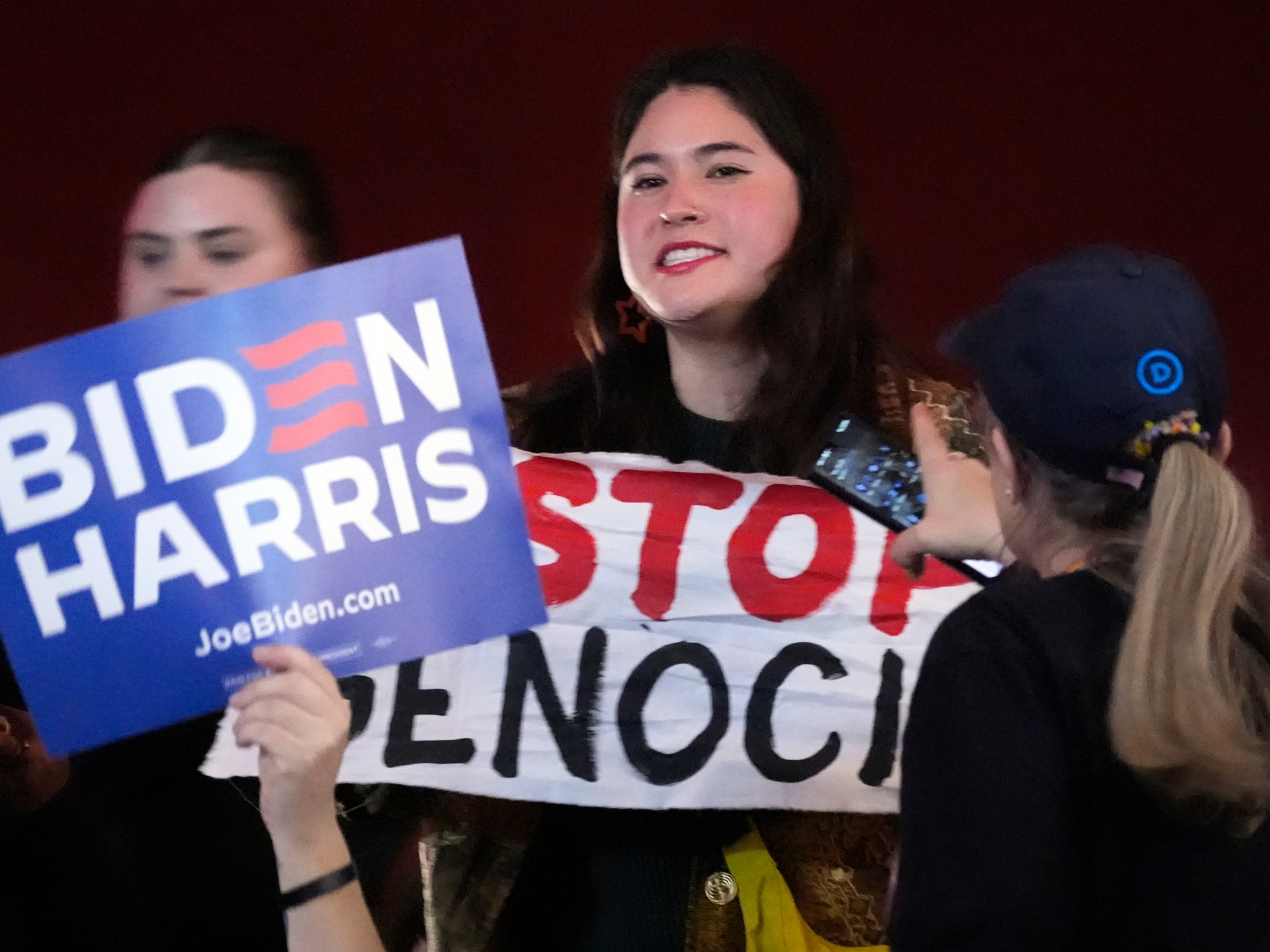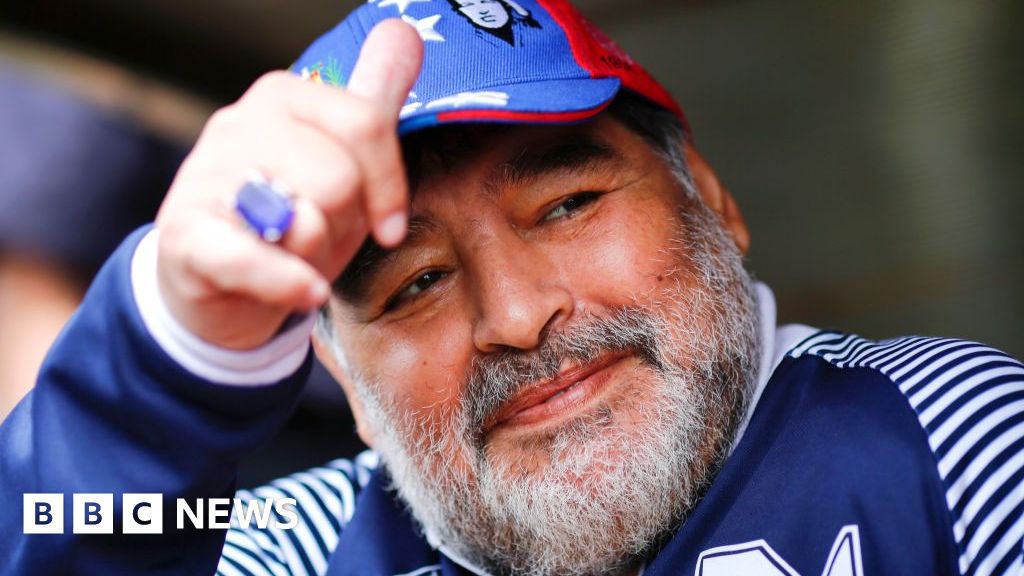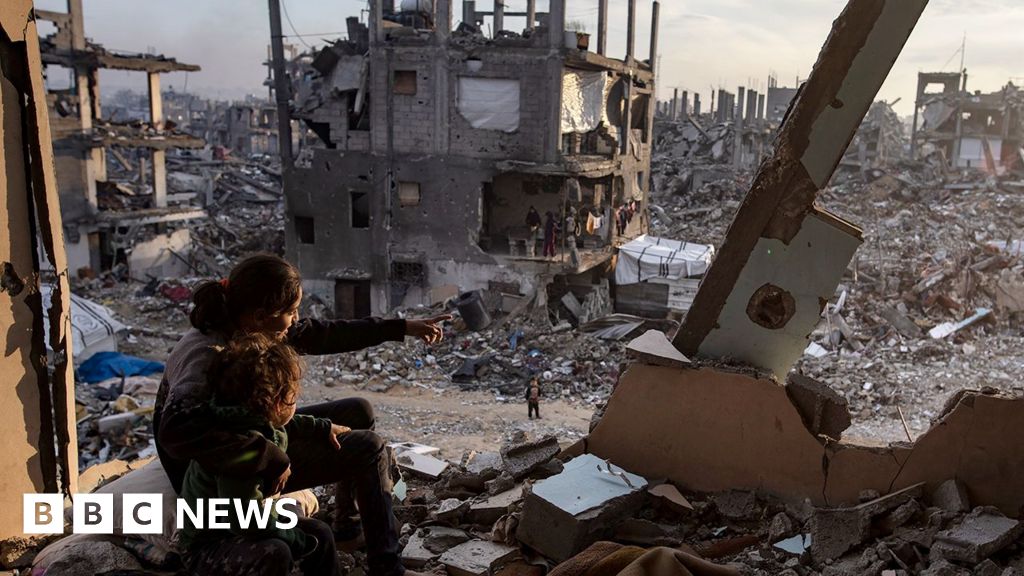A Caribbean Writer Fights Gender-Based Violence with Lit, Protests — Global Issues
PARIS, Mar 08 (IPS) – For the past six years, Jamaican writer and scholar Opal Palmer Adisa has been one of the voices crying out against the prevalence of gender-based violence in the Caribbean and elsewhere. To highlight this human rights issue, she launched “Thursdays in Black” – holding public protests throughout the year and, on Thursdays, making use of social media to spread her message and raise awareness.
Palmer Adisa, a former director of The Institute for Gender and Development Studies at the University of the West Indies, Mona, is also known as one of the forces highlighting Caribbean artists “at home and in the diaspora” (alongside SWAN, which was launched in 2011). She’s the founder of Interviewing the Caribbean, a journal where artists from all genres discuss their craft and the arts in general.
But it is her work on gender that is now coming to the fore and which is a focus in her latest publications – she has written some 20 books, including novels and collections of stories and poetry. Her most recent work, The Storyteller’s Return, looks at misogyny and examines how women find healing amidst violence.
For International Women’s Day, SWAN spoke with Palmer Adisa about her writing and her continuing fight to end GBV both in her homeland and globally. The edited interview follows.
SWAN: The United Nations defines gender-based violence (GBV) as “harmful acts directed at an individual based on their gender”. The organization cites estimates that “one in three women will experience sexual or physical violence in their lifetime”. Why isn’t the world calling this for what it is and doing more?
Opal Palmer Adisa: As much as some people claim that feminists are always blaming patriarchy, the reason why gender-based violence is not declared for what it is – life-threatening to women and damaging to the entire society – is because of patriarchy and the institutions that are patriarchal; hence gender-based violence is really not taken very seriously.
There are band-aid things that are being done in Jamaica and elsewhere to address the issue, but the issue is deeper and encoded in our social/religious institutions and, therefore, has to be attacked or resolved at those levels.
We have to look at the various interpretations of religions that make men in charge of women. So, in order to change gender-based violence, we’re talking about a complete reframing of the entire society starting with the institutions. We have to project and reinforce that women are equal to men and should be treated equally in all areas.
A question that I have been grappling with, even in my new novel, is: why do men rape? Why is it something that they feel they can and do do? It is a form of terror and control of women. There is definitely some progress, but the various governments have to declare GBV as war, which it is, and treat it as such.
SWAN: Campaigns to stop violence against women – the main victims of GBV – are generally highlighted every International Women’s Day (March 8) and every Nov. 25 – International Day for the Elimination of Violence Against Women. What are these campaigns achieving on the international level?
OPA: International Women’s Day and the 16 days of elimination of violence against women have brought international attention to this issue, and this has forced more governments and people worldwide to stop and pay attention, and understand the long-term effect of gender-based violence, not just on the woman and man who are involved (because 80% of the perpetrators are men), but it impacts the children, it impacts the elders, it impacts the health industry, the economy – because women have to seek help through medical care, lose work time, etc.
More importantly, because of these specific days, a growing number of women globally understand that they don’t have to be victims and that there are resources now for those who are in abusive situations to get some kind of respite. The changes that are needed are still a long time away, but these days bring attention and awareness and education.
However, we need to understand that we live in a world that prescribes violence as a solution, and GBV is an obvious consequence. There has to be a major paradigm shift – what we’re talking about is non-violent conflict resolution, which for me is one of the important things in my struggle against gender-based violence: teaching men and women how to talk with each other and how to disagree with each other without resorting to physical harm.
We must teach men to deeply respect women, not just to say it, but to respect women and to understand that women are not here to be of service to them, to wash their clothes or cook their meals, to take care of them sexually – that woman are their partners and deserve to be treated with mutual respect.
International Women’s Day and November 25th through December 10th are very important because they bring tremendous awareness to the ills and plight of women and offer some solutions to ameliorate these conditions.
SWAN: According to the Caribbean Policy Research Institute, Jamaica is among the nations that have the highest rate of femicide (intentional homicide of females) and of “intimate partner violence”. You have been highlighting these issues through both your scholarly and creative work. How did your initiative in this area begin?
OPA: As you’ve indicated, Jamaica has a very high femicide and gender-based-violence rate, and, as a child growing up, I saw this. I grew up on a sugar estate where poverty was a reality for those cane cutters and their families who toiled daily under the sun, and violence fed by anger was also part of that reality. There were numerous whispered stories of gender-based violence.
This lived experience influenced my work, so my very first collection Bake-Face and Other Guava Stories explores this issue as well as sexual abuse. In my creative work, I always felt it was important to illuminate these issues to bring about awareness. My advocacy of “Thursdays in Black” is really just a continuation.
As a writer, my work is intended to address those issues that impact both women and men and try to offer solutions. Growing up, I felt that not many people were doing anything about these issues, dismissing them as “man-and-woman” business.
Honestly, I think that many people didn’t understand the social and long-lasting impact it had on children, on the entire family unit, and so I feel it’s my duty to do that, to write about these things, and expose the theme in the hope of bringing about change. My writing is really about healing – how do we heal from these historical traumas of enslavement but also the daily traumas that we inflict on each other.
SWAN: At the 2021 Bocas Lit Fest (an annual literary festival in Trinidad), you did a powerful online reading of How Do I Keep Them Safe. Can you tell us what motivated this poem?
OPA: In the last 6 years, I have been working specifically to look at issues impacting women and children. Living in Jamaica, you can’t help but hear about the tremendous atrocities done to girls, raping, and mutilation. It’s just awful, quite devastating, and in some instances debilitating.
So, I wrote that poem for mothers. Seeing them in the newspaper or the news, underlining their lament and grief is how do we keep our girls safe. I am a mother, and even though my girls are young adults, it was my constant concern – how to keep them safe. The poem is the voices of women, the community, the voice of fathers who are searching for ways to keep their children safe, specifically their girl children from sexual harassment, which is rampant, and from rape and mutilation.
SWAN: Your most recent collection of poetry, The Storyteller’s Return, explores misogyny and women’s survival and healing in hostile spaces. What do you want readers to take from it?
OPA: The Storyteller’s Return is a love story to Jamaica, a book of gratitude about being able to return. It’s for all the returnees and for all those who want to return but don’t feel they can. While it asserts that Jamaica is unsafe and misogyny is pervasive, it also reveals that there are safe havens and beautiful wonderful people still present in Jamaica.
I want readers to really take away from this book that in the midst of the hostility there is redemption, and all of us have a role to play. The collection is really a homage to those who are away and who have returned and who are wanting to return and who cannot return – to understand that even in the midst of the seeming chaos and hostility, there is opportunity and joy and peace.
SWAN: Not all artists can be activists, but what are some of the ways in which everyone can join the fight to end GBV?
OPA: In order for gender-based violence and violence in general to change in Jamaica, and anywhere else, everyone has to do their role. You don’t have to be an activist and go on marches and carry out other conscious acts of protest like I do, and you don’t have to make this your weekly assignment, but there is a lot you can do on a personal individual level.
Start by having meaningful conversations about some of the ills you see in your society and what each of us as individuals can do to help eradicate and address those ills. Almost everyone has seen, heard and/or witnessed GBV. We have to adopt the African motto: “Each one teach one.” Start on the individual level, talking with each other, acting peacefully with your friends and colleagues and whenever you see injustice or wrong, be brave and speak up against it; do not ignore it or pretend it doesn’t exist. So, that’s how do our part – be a witness, speak up, help a victim when and wherever you can.
© Inter Press Service (2023) — All Rights ReservedOriginal source: Inter Press Service
Check out our Latest News and Follow us at Facebook
Original Source







